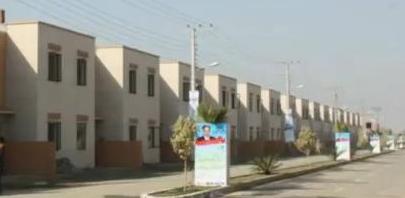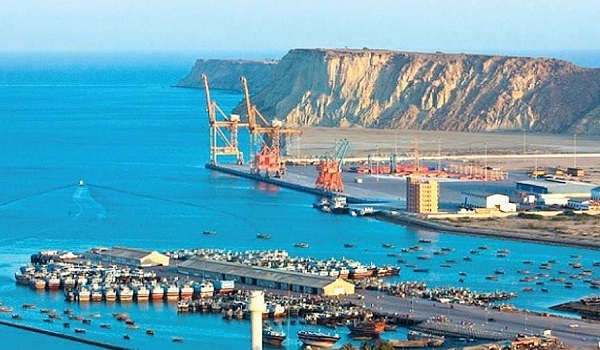Islamabad: Prime Minister (PM) Imran Khan has approved a three-year plan to conduct surveys for the evaluation of real estate investments, tax assessment, and implementation of a new value-added tax system, a news source reported. The authorities concerned will begin to carry out these surveys across the nation soon.
Read: Real estate companies get exemption from SECP
The three-year plan also includes the setting up of the Pakistan Revenue Authority by June 2020, and the restructuring of the Federal Board of Revenue (FBR) in the interim period.
In a meeting held in early October, the PM had decided to immediately implement a fixed tax regime for the real estate sector and shopkeepers. However, that decision has now become redundant due to the International Monetary Fund (IMF)’s opposition to this proposal earlier this week.
Read: FBR proposes provisional assessment to recover taxes
As per PM Khan’s decision, the officials concerned will carry out a nation-wide tax assessment and documentation campaign from November 30. The government expects to complete this drive within two years, and it will submit detailed proposals at a later date. The aim of the drive is to ascertain untapped sections, which include real estate, industries, and businesses.
In the abovementioned meeting, the PM had also decided to conduct a survey on immovable property across the country. This survey will begin from Islamabad’s industrial area this month. With the involvement of the Ministry of Interior and Ministry of Defence, the government expects to complete this survey over the coming two years.
Additionally, the meeting also considered a proposal for a digital land survey that had been submitted by a Chinese company.
Read: Govt & IMF agree upon single value-added tax regime
The PM has approved the full implementation of a value-added tax (VAT) regime for all business sectors over the next three years. The government has provided FBR a deadline of June 2022 for this purpose. The taxation body will conduct surveys to identify particular business and industrial sectors to determine the revenue potential of VAT.
The meeting also decided to adopt the Computerised National Identity Card (CNIC) as the common identifier by June 2020.








